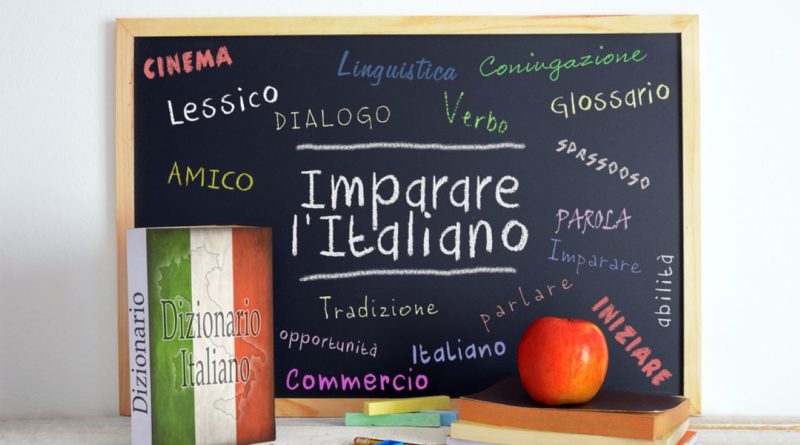Italian Language Courses: Learn Italian
Considering an Italian Language Course?
It’s a good idea to learn Italian by doing an Italian language course. It can really help you in making you stand out and enhancing your CV. Alongside that, studying another language has great benefits for the mind. Not only will it provide benefits job wise but the next time you fly over to Italy, you’ll have some Italian in your mind to belt out. The good news is there are many Italian language courses currently available both online and in person.
About the Italian Language
Italian is the world’s most musical language and is spoken by roughly 58 million people in Italy, 840,000 in Switzerland, 24,000 in San Marino and around 5 million in South and North America. Traces can be discovered in Somalia and Libya as well, both former colonies.
Over the centuries, Italy has produce some of the most incredible cultural works in the western canon, from the Michelangelo’s frescoes in the Sistine Chapel to Divine Comedy of Dante to The Prince of Machiavelli to the neo-realist films of Vittorio De Sica and Baldassarre Castiglione’s The Courtier to the post-modernist Italo Calvino novels.
Italy has always been of huge importance historically. In the Middle Ages, cities such as Venice and Florence were among the most powerful and richest of Europe. It was Italy that produced the Renaissance, whose values and culture have provided the foundations of much of western life in the past five hundred years.
Now, Italy is one of the world’s leading industrial democracies and the Italian language services are incredibly popular. It is the seventh largest global market for British exports, and the UK is the third largest supplier to Italy after France and Germany. Italy is considered the inventor of modern banking and is the sixth richest country in the world.
Why Learn Italian?
There are many reasons to consider learning the Italian language. For one thing, the Italian language is pretty easy to learn. Some languages are easier for English speakers to learn than others and Italian is one of those. As a native English speaker, there will be many words in the language that are already familiar to you. Around 30% of words in the English language are of Latin origin, and the Italian language remains to be the language most closely associated with Latin.
The phonetics of the language can be easily understood from the written word also which is a big advantage for beginners. Additionally, the Italian verb tenses correspond relatively well with the English tense system. By learning Italian, you will better understand your own language. This is true regardless of the language, however, Italian and other romance languages carry one benefit in particular, they teach you about the nature of ‘register’ in the English language. Therefore, you are likely to spice up your own English while learning the Italian language.
What Will I Learn?
The areas of study will depend on what level of course you decide to undertake. However, there are some areas that will be taught in each Italian language course. So, you can expect to learn the basics of the Italian language and you will learn how to communicate with others in Italian. You will also learn Italian pronunciation and the various grammar rules that come with the Italian language. You may study more than listed here. If you would like an exact list of topics, get in touch with your course provider.
Course Progression
Once you have completed your Italian language course, there is room to progress. Depending on what level you began at, you can go up in the ranks. For example, if you did a beginner course, you can now hop over to an intermediate course. It’s not just progressing by the levels either. If you enjoyed your Italian language course, you could do more language courses in French, Spanish or Chinese to name a few. The more you learn, the more benefits for your brain and the more your CV will be enhanced.
If you’re serious about doing an Italian language course, check out courses near you in the Nightcourses.co.uk national course finder.




